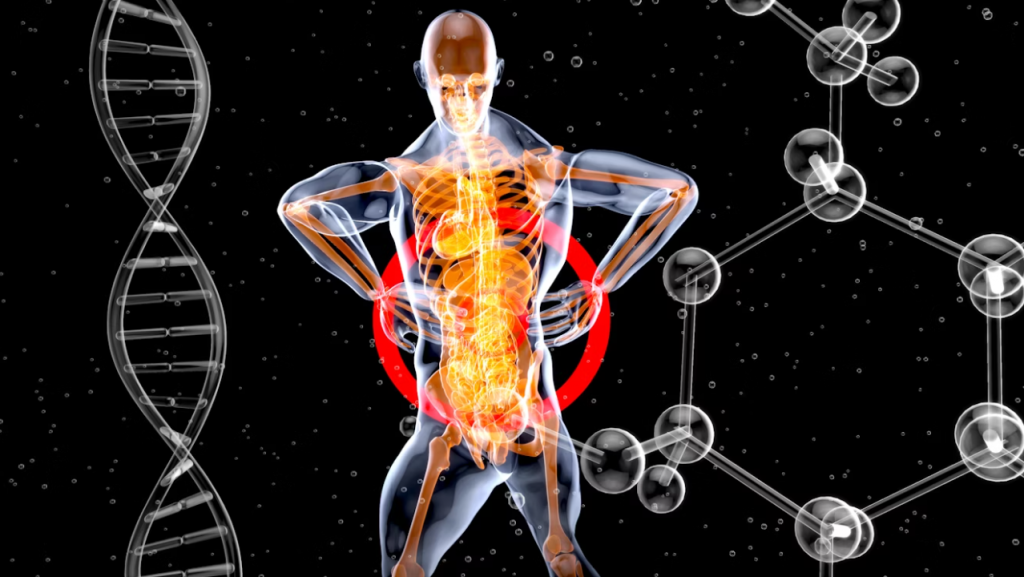Introduction
Mitochondria, often called the powerhouse of the cell, play a pivotal role in energy production. Understanding their function helps optimize exercise performance, endurance, and recovery.
What Are Mitochondria?
Structure and Function
Mitochondria are organelles within cells responsible for producing ATP, the energy currency of the body.
ATP Production and Energy
Through oxidative phosphorylation, mitochondria convert nutrients into usable energy for muscle contractions and cellular processes.
Mitochondria and Muscle Function
Energy for Contraction
Muscles rely on ATP from mitochondria for repeated contractions during exercise.
Endurance Performance
Higher mitochondrial density improves aerobic capacity and fatigue resistance.
Exercise-Induced Mitochondrial Adaptations
Mitochondrial Biogenesis
Exercise stimulates the creation of new mitochondria, enhancing energy efficiency.
Role of Aerobic Training
Endurance exercises, like running and cycling, significantly increase mitochondrial number and function.
Impact of High-Intensity Training
HIIT and interval training also enhance mitochondrial efficiency and metabolic flexibility.

Nutrition and Mitochondrial Health
Macronutrient Influence
Carbohydrates, fats, and proteins provide fuel for ATP production.
Antioxidants and Mitochondrial Protection
Nutrients like vitamins C and E help reduce oxidative stress and protect mitochondria from damage.
Mitochondria and Aging
Decline in Function with Age
Mitochondrial efficiency decreases over time, leading to reduced endurance and energy.
Exercise to Counteract Aging Effects
Regular aerobic and resistance training helps maintain mitochondrial function and overall vitality.
Common Misconceptions
Supplements vs Training
Supplements alone cannot replicate the benefits of consistent exercise on mitochondria.
Mitochondrial Overload Risks
Excessive high-intensity exercise without recovery may harm mitochondrial health.
Practical Tips to Boost Mitochondrial Function
Aerobic and Resistance Training
Combine both types to maximize mitochondrial density and efficiency.
Nutrition and Recovery Strategies
Balanced diet, antioxidants, and adequate rest support optimal mitochondrial function.
Conclusion
Mitochondria are central to energy, endurance, and muscle performance. Through structured exercise and proper nutrition, their function can be optimized to enhance both fitness and overall health.